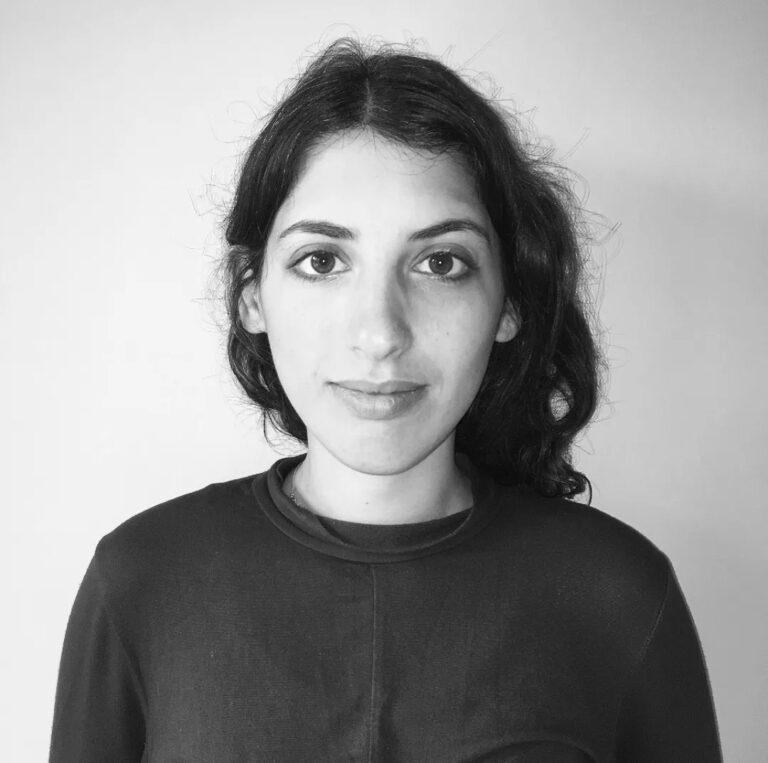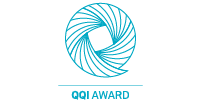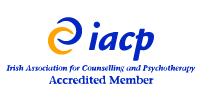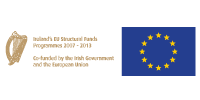Recently, we spoke to Expressive Arts programme facilitator Keshet Zur, (MA Expressive Arts Therapy). We asked her all about the programme, how it is delivered, and what can be gained from participation. Co-founder and co-director of Expressive Arts Ireland, Keshet is a registered member of the Irish Association of Creative Art Therapists and the European Federation of Art Therapy
What is Expressive Arts?
Expressive Arts emphasizes the value of artistic expression and the creation of art-works as a means towards an alternative experience of the world. This experience can enlarge the field of play for those who find themselves stuck. The approach focuses on inner resources and our innate ability to improvise and shape from materials available.
The focus is not on the skill, it is on heightening our sensitivity towards what we make, by tuning into our senses, entering a play like state and following our instincts.
We access the multi-sensory potential of imagination, through working in an intermodal way. We might start with a movement, that will lead to a painting, that will lead to a poem. Each layer adding another dimension.
The right mix can improve overall well-being and contribute to lowering anxiety and stress, improving self-awareness and self-esteem, strengthening relationships, regulating behaviors and advancing social skills.
Tell us a little about yourself and your interest in Expressive Arts
As a child, like all children, creation was second nature; drawing, singing, playing, letting my imagination guide me. At the age of 10 I began taking photos and learned how to develop and print images. Looking back at the photos I took as a child and a teen I can see how photography supported me. I studied fine art and completed a degree in photography, and the summer after graduation I started my M.A. in Expressive Arts Therapy, a 3 year degree with the European Graduate School in Switzerland. I co-founded Expressive Arts Ireland in 2010, bringing expressive arts practice and theory to Ireland.
How can Expressive Arts help others?
The arts provide a safe container for the unknown to emerge, as we step away from linear thought patterns to discover the new. We suffer when we feel paralyzed and hopeless, and when what we perceive as possible feels restricted. Working with the imagination creates unrestricted openings wherein we feel empowered and excited to move into action.
What can a participant expect over 2 days attending the Expressive Arts workshop?
The two day workshop is an introduction to Expressive Arts through experiential learning. The workshop is open to all, and can be taken as a stand alone workshop; or for those interested in continuing to the diploma, it will serve as entry requirement. This is to faciliate a direct experience of the expressive arts method prior to the diploma. At the workshop, participants will work through multiple art modalities, get a sense of the Expressive Arts approach and the teaching style.
Diploma course overview
The Diploma course is an extensive deep dive into the expressive arts approach. The learning will be experiential, with time allocated for linking theory to practice, exploring ways in which the approach can be used in participants’ professional practices and the populations with which they are working.
Who can join this course?
The introductory workshop is open to all participants interested in experiencing Expressive Arts.
The diploma caters for professionals working in the fields of therapy, social work, nursing, teachers, youth workers et al.
It is important to emphasize that doing the diploma doesn’t qualify learners in becoming an Expressive Arts therapist or facilitator, the intention of the diploma is to give learners tools and first hand experience of how art can be helpful. It is geared towards professionals who can incorporate their learning into their working profession.
On successful completion of this programme the learner will be able to:
- Think critically, theoretically and concretely about expressive arts therapeutic approaches.
- Engage clients in the healing process through the therapeutic use of expressive arts
- Implement the creative arts to facilitate spiritual growth and expand consciousness, including the therapeutic use of ritual.
- Appraise the weaving together of different expressive arts modalities to support a holistic therapeutic approach.
- Focus on recent and contemporary developments in expressive arts therapy theory and practice
The next Expressive Arts Workshop is being held on July 23rd and 24th.
For more information on the workshop, visit here: https://icppd.com/talks-workshops/
For more information on the diploma, visit here: https://icppd.com/diploma-in-expressive-arts-for-professionals/








